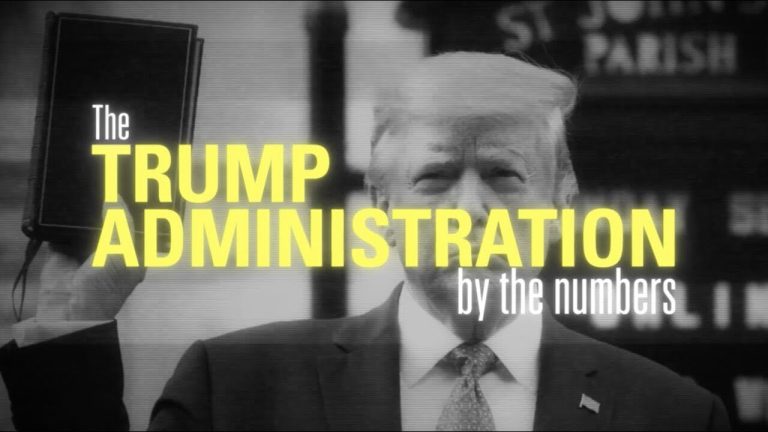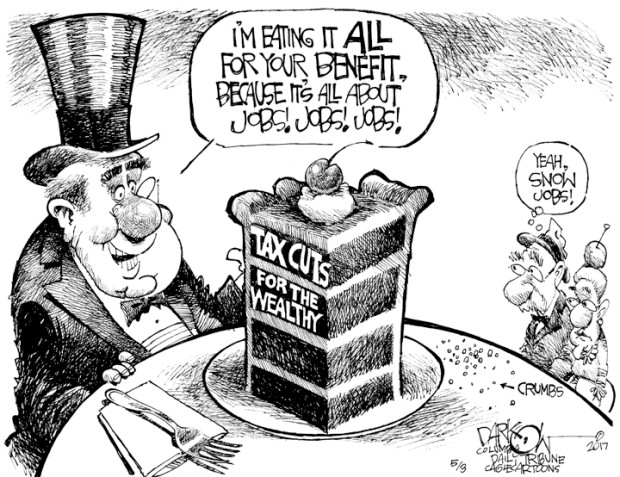

The Socialist Threat: Protecting Our Freedoms from the Radical Left
The term “socialist threat” often evokes strong reactions. Understanding the nuances, however, requires moving beyond simplistic narratives. This article explores concerns surrounding certain socialist ideologies and their potential impact on individual liberties, focusing on specific policy proposals and their implications within a democratic framework. It’s crucial to note that not all forms of socialism are created equal, and broad generalizations can be misleading. This exploration focuses on the radical left, specifically those advocating policies that raise significant concerns regarding individual freedoms.
Defining the “Radical Left”: A Spectrum of Ideologies
The “radical left” encompasses a broad range of ideologies, unified by a common thread: a desire for significant societal restructuring to address perceived inequalities. However, the methods and extent of this restructuring vary greatly. Some advocate for gradual change through democratic processes, while others propose more revolutionary approaches. This analysis centers on the latter group, whose proposals sometimes clash with established freedoms.
Key Areas of Concern:
| Area of Concern | Potential Impact on Freedoms | Example Policies | Counterarguments |
|---|---|---|---|
| Economic Control | Reduced individual economic autonomy, potential for limitations on entrepreneurship and private property | Nationalization of key industries, heavy wealth redistribution, stringent price controls | Increased economic equality, improved social safety nets, argument that some level of state control is necessary for public good |
| Freedom of Speech & Expression | Suppression of dissenting opinions, potential for censorship under the guise of combating hate speech or misinformation | Restrictions on certain types of speech deemed “harmful,” government regulation of online platforms | Protection of vulnerable groups from harassment, combating the spread of dangerous misinformation, argument that some restrictions are necessary for societal well-being |
| Individual Liberty & Surveillance | Increased state surveillance to enforce policies, erosion of privacy rights | Expansion of government data collection, use of technology for social credit systems | Improved public safety, more effective crime prevention, argument that increased surveillance is necessary for a secure society |
Navigating the Nuances: A Balanced Perspective
It’s essential to acknowledge the legitimate concerns underlying many radical left policies. Inequality, environmental degradation, and social injustice are pressing issues demanding attention. However, the methods proposed to address these problems require careful scrutiny. The potential for unintended consequences, such as the erosion of individual liberties, is a valid concern that deserves open and honest debate.
The Importance of Critical Dialogue:
The “socialist threat” narrative should not be dismissed as mere rhetoric. A nuanced understanding requires engaging in critical dialogue, acknowledging the potential benefits and drawbacks of different policy proposals. Open discussion and rigorous debate are essential for safeguarding individual freedoms within a democratic framework. This requires moving beyond simplistic labeling and engaging with the specific proposals of different groups within the radical left.
Protecting Freedoms in a Changing World:
Protecting individual liberties in the face of ideological challenges requires vigilance and active participation in the democratic process. This involves:
- Informed citizenry: Understanding the intricacies of policy proposals and their potential impact.
- Active participation: Engaging in political discourse, voting, and holding elected officials accountable.
- Robust legal framework: Safeguarding individual rights through strong legal protections and independent judiciary.
- Promoting open dialogue: Creating spaces for constructive debate and the exchange of diverse perspectives.
The future of freedom rests on the ability to navigate complex societal issues while safeguarding individual liberties. This requires a commitment to critical thinking, open dialogue, and the ongoing defense of democratic principles. The challenge lies not in rejecting all forms of change, but in thoughtfully evaluating policy proposals and ensuring they align with the fundamental values of a free and just society.

Additional Information
The Socialist Threat: A Deeper Dive into the Argument and its Context
The assertion of a “socialist threat” to individual freedoms, as presented in works like “The Socialist Threat: Protecting Our Freedoms from the Radical Left,” rests on a complex interplay of historical context, economic theory, and political ideology. While the book’s central argument likely frames certain socialist policies as inherently anti-libertarian, a thorough analysis requires unpacking the nuances and considering counterarguments.
Defining the “Threat”: Ambiguity and Shifting Meanings
The term “socialist threat” itself is inherently problematic due to its ambiguity. Socialism encompasses a broad spectrum of ideologies, from democratic socialism – characterized by a mixed economy with significant state intervention – to revolutionary socialism advocating for the complete overthrow of capitalism. The book’s definition of “radical left” and the specific socialist policies it targets are crucial for understanding the nature of the perceived threat. It’s essential to differentiate between:
- Policy proposals: Specific policy proposals like wealth redistribution through higher taxes, nationalization of industries, or expanded social safety nets are frequently cited as threats. The argument often revolves around the potential for these policies to impinge on individual economic liberties, such as the right to property or free enterprise.
- Ideological underpinnings: The underlying philosophy of certain socialist ideologies, particularly those emphasizing collective ownership and control over the means of production, is presented as fundamentally at odds with individual liberty. The concern often centers on the potential for authoritarianism arising from concentrated state power.
Economic Arguments and Counterarguments:
The book’s economic arguments likely center on the perceived negative effects of socialist policies on economic growth, efficiency, and innovation. Supporters of this viewpoint often point to historical examples of centrally planned economies experiencing stagnation and shortages. For example, the economic struggles of the Soviet Union and other communist states are frequently cited as evidence of the inherent inefficiencies of socialist systems.
However, these arguments require critical evaluation. Firstly, historical examples are often complex and influenced by factors beyond the economic system itself (e.g., political repression, technological backwardness). Secondly, the vast differences between various socialist models complicate any simple comparison. Successful social democratic systems in Scandinavian countries, with robust social safety nets and high levels of government spending, have achieved high levels of economic prosperity and social equality, challenging the simplistic narrative of inherent economic inefficiency.
Furthermore, arguments about reduced individual economic liberty need to consider the potential benefits of social safety nets. These nets, such as universal healthcare and unemployment insurance, can be argued to enhance individual freedom by reducing the precariousness of life and providing a safety net against economic hardship, thereby empowering individuals to make choices independent of immediate economic anxieties.
Case Studies and Empirical Evidence:
A thorough analysis necessitates examining case studies that compare the impact of socialist policies on individual freedoms across different countries and time periods. For example, comparing the levels of personal liberty and economic inequality in countries with varying degrees of social democratic policies can offer valuable empirical evidence. Quantitative analysis of economic indicators like GDP growth, income inequality, and human development index (HDI) in such countries can further illuminate the relationship between socialist policies and their impact on both economic prosperity and individual freedoms.
Conclusion:
The debate around the “socialist threat” is not a simple binary. It demands a nuanced analysis that acknowledges the diverse range of socialist ideologies, critically evaluates historical and contemporary examples, and considers both the potential limitations and the potential benefits of different socialist policies. Any serious engagement with this topic necessitates a rigorous examination of the empirical evidence, careful definition of terms, and a balanced consideration of both the purported threats and the counterarguments. Ignoring the complexities and resorting to simplistic generalizations risks misrepresenting the debate and hindering a productive discussion about the role of the state in a free society.







